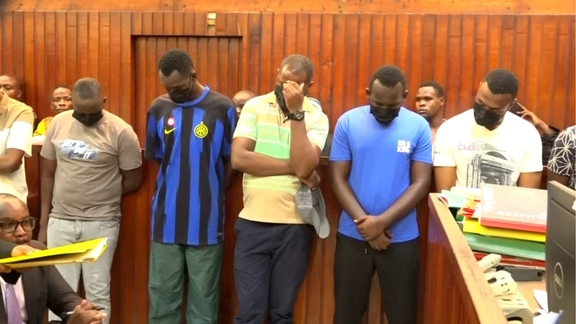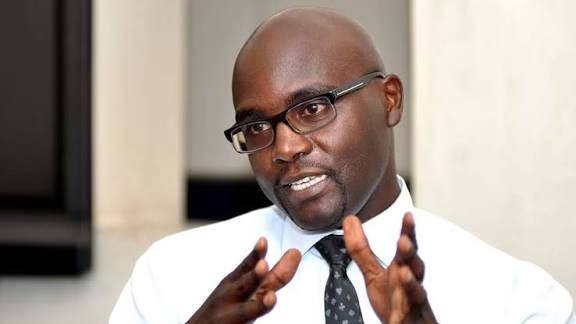In the wake of an announcement from Chief Justice David Maraga where by he has castigated and blamed the increase of sexual offences on the COVID-19 pandemic, a man is set to serve a 20 year imprisonment term. The man’s appeal suit was dismissed by High Court judge, Lady Justice Jesse Njagi. The learned judge substituted the conviction of defilement and replaced it with Sexual assault.
According to Section 5(2) of the Sexual Offences Act, a person found guilty of the offence of Sexual Assault is liable upon conviction to an imprisonment term of not less than ten years or life imprisonment subject to the specific facts of the case. Section 8(3) of the same Act stipulates imprisonment for a term of not less than twenty years for a person who commits an offence of defilement with a child between the age of twelve and fifteen years
This imprisonment is an improvement on the rate of sexual offences convictions in Kenya and will perhaps serve as an encouragement for more sexual assault victims to come out and report the increasing defilement cases.
The man, Kevin Musoga had been sentenced to 20 years imprisonment by a Kakamega Magistrates court. Particulars of the charge sheet announced that on diverse dates between February 24 and March 18, 2017 while in the vicinity of Kakamega County the convict had been suspected of defiling a minor. Consequently, he was prosecuted for defiling the minor who is an Orphan and 12 years of age contrary to Section 8(3) as read with Section 8(1) of the Sexual Offences Act.
Although current trends indicate to a sharp decline in reduction of sentences for sexual offences appeal cases, nonetheless, the convict still utilized his right of appeal.
In the appeal, the appellant cited that the trial had not been fair. He stated that the magistrate had erred in law and fact by his conduct of presiding over a trial where an accused has not been served with witness statements as required by Article 50 of the Kenyan Constitution.
Intricacies that led to the conviction of Mr Musoga are that he had been accused of defiling a minor employed as an underage worker by a woman identified as Carol. The accused also happened to work at the same hotel as the minor.
From the minors testimony, events of the specific day of offence revealed that Mr Musoga had defiled the minor inside a bathroom at the hotel. It was a security guard manning the hotel that had responded to a distress call from the minor. Moreover, court documents indicate that Mr Musoga lied that the victim was his wife. However, he was arrested by the public and handed over to the police.
In his plea-taking, the accused is said to have challenged the charge sheet claiming that he was arrested for a traffic offence and not defilement.
To note is that pursuant to Article 24 of the Evidence Act the court only needs to be satisfied with the testimony of a rape victim. Adducing material evidence just adds on the probative evidence while it is also not mandatory for such evidence to be produced before the court.
As previously reported by Mahakamani news in Peculiar circumstances under which evidence of rape is admissible in a court of law:
“The testimony of an alleged victim of a criminal conduct is admissible and able to implicate an accused person if it is corroborated with other material evidence. However, for a scenario involving a sexual offence, the judge will overlook the demeanor and will only admit the testimony of the victim as evidence regardless if material evidence is not adduced provided that the testimony is consistent both in examination in chief and in cross examination as with regards to the surrounding circumstances. The court will receive this evidence and proceed to convict the accused person if, for reasons to be recorded in the proceedings, the court is satisfied that the alleged victim is telling the truth.”
















Leave a Reply